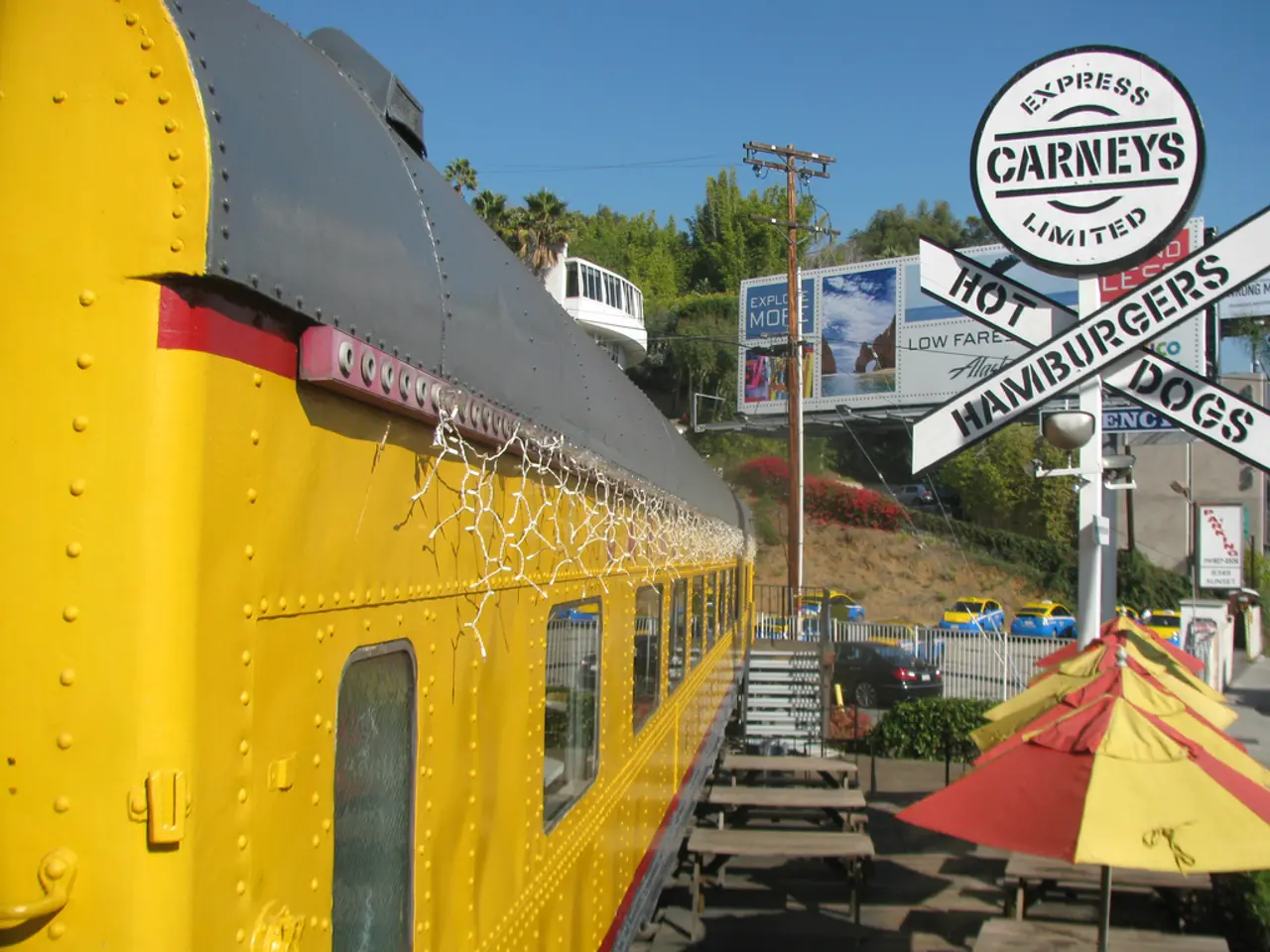Comprehensive Handbook for Elderly: Key Services in the Community
In the United States, the well-being and independence of seniors are supported by a network of government programs and non-profit organisations. This article provides an overview of key initiatives that aim to maintain seniors' independence, improve health outcomes, provide financial relief, and foster social inclusion.
Government Programs
Older Americans Act (OAA)
Established in 1965, the OAA is a cornerstone federal law that funds critical community-based services for older adults. Services supported by OAA include meals, job training, caregiver services, transportation, health promotion, and support to help seniors remain independent and healthy. The OAA benefits over 11 million seniors and their caregivers, focusing on health, dignity, and independence.
Administration for Community Living (ACL)
ACL promotes the independence and inclusion of older adults and people with disabilities by awarding grants to states and organizations that provide services and supports enabling seniors to live where they choose, participate fully in their communities, and maintain autonomy.
Senior Bonus Tax Deduction
A newer temporary tax benefit implemented for seniors in 2025 provides a $6,000 deduction for single seniors ($12,000 if married). Income limits apply, and this bonus aims to reduce tax burdens and enhance financial security for seniors, particularly benefiting upper-middle-class retirees.
Non-Profit Organizations
National Council on Aging (NCOA)
The NCOA is a major non-profit that supports seniors by advocating for programs like the OAA, helping older adults access benefits, healthcare, and other community services that improve quality of life.
Services Offered to Enhance Quality of Life
These government and non-profit programs collectively aim to maintain seniors' independence, improve health outcomes, provide financial relief, and foster social inclusion. Services offered include nutrition assistance, employment and training, healthcare support, caregiver support, transportation, community participation, legal and advocacy services, and more.
Bridging the Gap
Community resources help bridge the gap between healthcare, social engagement, and legal assistance, ensuring seniors have access to comprehensive care and support. Non-profit organizations often focus on health, socialization, and advocacy, providing essential resources to improve quality of life.
Recreational activities, legal assistance, and social engagement opportunities are also crucial for seniors, fostering social connections, promoting active participation within their communities, and leading to improved physical and mental well-being.
In conclusion, the key government programs and non-profit organisations supporting seniors in the United States primarily include federal initiatives like the Older Americans Act (OAA) and the Administration for Community Living (ACL), as well as non-profits that advocate and provide services for older adults. By leveraging these resources, seniors can lead fulfilling, independent lives, surrounded by supportive communities and comprehensive care.
Within these initiatives, the focus on health-and-wellness for seniors is evident, with programs such as the Older Americans Act (OAA) and Administration for Community Living (ACL) providing services aimed at maintaining seniors' health and independence. Additionally, the National Council on Aging (NCOA) advocates for programs that improve seniors' quality of life, including recreational activities and social engagement opportunities to foster social connections and enhance mental and physical well-being, which are key aspects of science surrounding aging.




